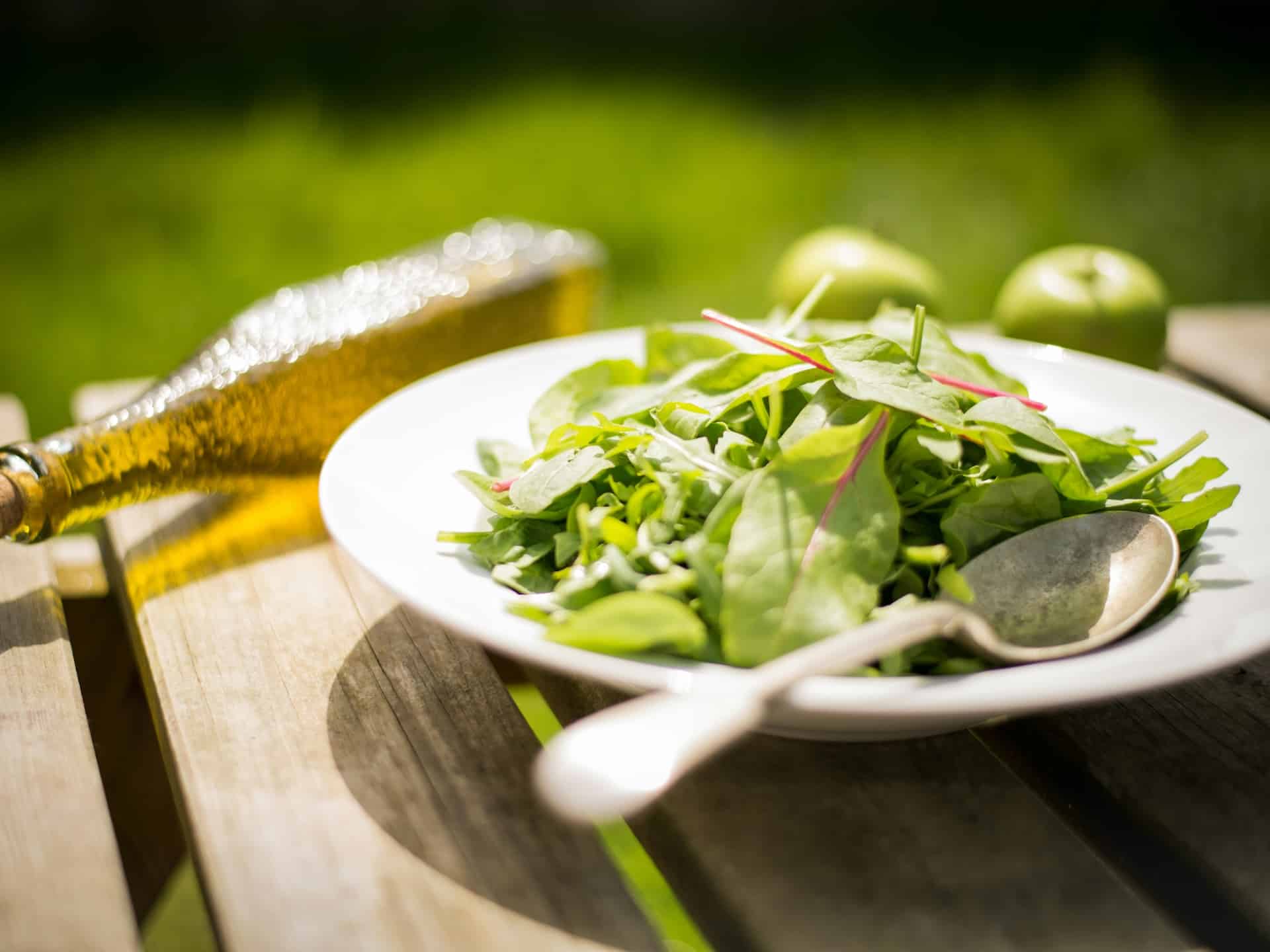
Glutamine is one of the best-known supplements in the field of sports for its involvement in muscle recovery. In this article we have the help of Alejandro Martínez Rodríguez, dietician-nutritionist, to learn more about what glutamine is and how to take glutamine.
What is glutamine?
Glutamine is a non-essential amino acid, that is, our body can synthesize it on its own. “It is the most abundant free amino acid in plasma and muscle tissue, constituting approximately 60% of the total free amino acids in skeletal muscle and 20% in plasma,” says Martínez Rodríguez, professor of the Department of Analytical Chemistry. , Nutrition and Bromatology and director of the European Institute of Exercise and Health at the University of Alicante.
What is it for?
This amino acid has multiple functions, as Martínez Rodríguez explains: “It is vital for the synthesis of other amino acids, proteins, nucleotides and various biomolecules. In addition, it participates in fluid balance, regulation of body temperature and heart rate.” One of its main functions has to do with the immune system, since it provides essential fuel for certain immune cells and enterocytes.
Additionally, it plays a vital role in glutathione synthesis. “It is a critical antioxidant that protects cells against oxidative damage.” These properties of glutamine are very useful in sports medicine. «The Glutamine supplementation is used to improve post-exercise muscle recovery«minimizing protein catabolism and enhancing protein synthesis, which contributes to better adaptation to training.»
Difference between glutamine and L-glutamine
It is important to understand the difference between glutamine and L-glutamine. “This lies in its spatial orientation and its biologically active form. But when we refer to glutamine in supplementation and human physiology, we are generally talking about L-glutamine,” the expert clarifies.
This is explained because L-glutamine is what the body can use directly. In fact, “supplements contain considerable L-glutamine due to its physiological relevance and its ability to be incorporated into metabolic pathways in the body.”
Foods rich in glutamine
Glutamine is also found in some foods, especially those of animal origin, although it is also present in some foods of plant origin.
Among the foods rich in glutamine of animal origin we find meat, fish, eggs and dairy products, due to their high protein content.
In the section of those of plant origin, legumes, nuts and seeds stand out. Spinach, cabbage, and parsley also contain glutamine, although in smaller amounts.
When to supplement
Glutamine supplementation may be beneficial in situations of high metabolic demandsuch as during recovery from injuries, in intense periods for athletes, or to help in recovery from diseases that affect the gastrointestinal or immune system.
And it plays a crucial role in tissue healing and regeneration. In the sporting context, it can help replenish the levels of this amino acid, supporting muscle recovery, improving protein synthesis and maintaining a strong immune system.
It is also one of the main fuels for cells of the immune system and gastrointestinal tracthelping to maintain the integrity of the intestinal mucosa.

How to supplement glutamine
In its sports supplement form it is available in various forms (powder or capsules). This diversity facilitates its inclusion in the daily diet according to personal preferences and specific objectives. “All supplementation must be individualized, according to the specific needs of each person,” Martínez Rodríguez insists.
The dosage can vary widely depending on several factors, including health status, level of physical activity, and specific goals such as injury recovery or immune system support. Notwithstanding the above, typical doses range between 5 and 10 grams per day.
The most recent research seems to indicate that the optimal time for its administration is after training or before sleeping to support recovery.
Benefits of glutamine for the athlete
The popularity of this supplement among athletes is due to the fact that it promotes both sports performance and post-exercise recovery as it reduces fatigue and accelerates muscle repair.
Furthermore, “some studies indicate that it may reduce the incidence of respiratory infections and improve the immune response after periods of strenuous exercise”. Strenuous exercise is considered to be exercise with high intensity and a duration long enough to compromise the immune system. “A marathon can be considered exhausting. Despite this, it must be taken into account that other investigations do not confirm it.”
Administration in women, different from that of men?
To date, no significant differences have been described in the effects or needs of glutamine between men and women. It is worth clarifying, however, that “individual differences must be considered in the context of exercise and body composition.”
Effects on the brain and intestine
Glutamine may have beneficial effects on both the brain and the gut. In the brain, it can act as a precursor to the neurotransmitter glutamate, vital for cognitive functions. In the intestine it helps maintain the integrity of the intestinal barrier, which can prevent leaky gut syndrome and other digestive disorders.
Does glutamine make you fat?
“The caloric intake of glutamine is 4 kilocalories per gram. In this sense, doses of 5 to 30 grams would provide between 20 to 120 kilocalories. This amino acid in itself will not cause weight gain unless its consumption is accompanied by a general caloric excess,” says the expert.
It is important not to lose sight of the fact that body weight is the result of balance between energy consumed and energy expended. Thus, the effect of glutamine on body weight will depend on the context of the general diet (calorie intake) and the individual’s energy expenditure (calorie expenditure).
Contraindications of glutamine and L-glutamine
Contraindications to glutamine and L-glutamine supplementation are few. Even so, caution should be exercised in individuals with kidney or liver diseasessince this supplement is metabolized in these organs and its excessive consumption could aggravate existing conditions.”
In the general healthy population or without previous serious pathologies, the general recommendation that applies to all supplementation should be followed: it is essential to consult in advance with a health professional specialized in the subject. Especially those who have underlying medical conditions or are taking other medications.
The entry What glutamine is for, when and how to take it was first published in Nutriiendo.






